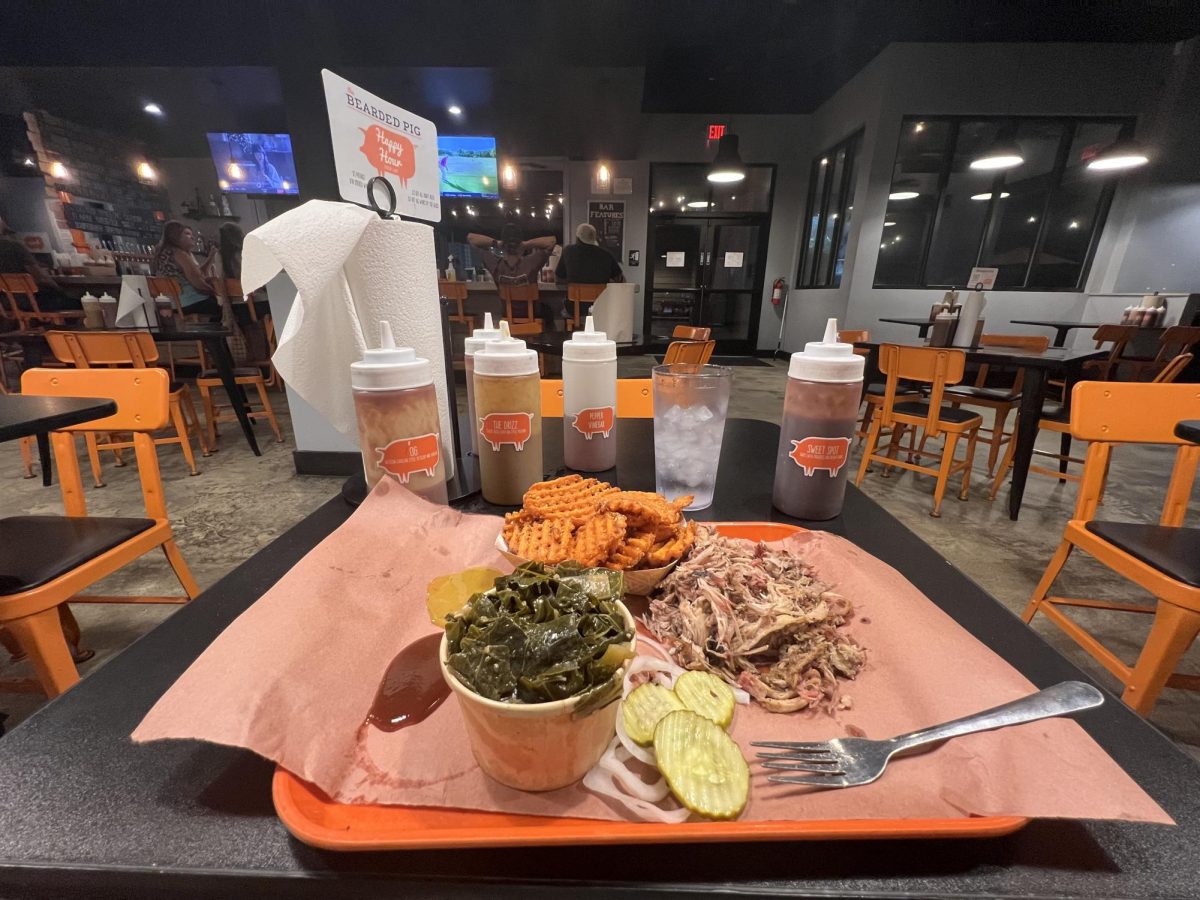Content Warning: This article contains references to sexual assault.
The March night in Lynnwood, Washington felt like any other. A young woman, new to living on her own, falls asleep while talking to her friend on the phone. However, it wouldn’t be long until she was awakened by an unknown assailant who proceeded to bound her and sexually assault her for hours.
This is the true story of Marie, an 18-year-old who was excited to be living on her own for the first time. Marie had been bounced from one foster home to another since she was a young girl. Now, through the aid of a program that focuses on helping foster children make the transition into adulthood, she was finally able to feel the freedom of living on her own. However, it wouldn’t be long until that freedom was taken away.
Even after she reports her rape, things do not get easier for Marie. Important people in her life, like her previous foster moms, begin to doubt her story. Not long after this, the police also question if she’s lying. Eventually, after being left with no one to support her, Marie recants her statement.
Netflix tells the story of Marie in its new 8-part miniseries titled “Unbelievable,” which delves into both Marie’s story and the story of her rapist’s capture. Throughout the series, viewers are taken through a whirlwind of emotions as Marie, played by Kaitlyn Dever of “Booksmart,” and other victims of her rapist deal with the aftermath of their trauma.
Other stars that make appearances in the show are Toni Collette and Merritt Wever who play detectives from different precincts that come together to find the serial rapist. These characters are based off of the real-life detectives who cracked the case.
The series is based off of an article written by T. Christian Miller and Ken Armstrong titled “An Unbelievable Story of Rape,” which tells Marie’s story concurrently with the story of the two detectives. The miniseries follows the same structure of the article, which jumps back and forth between Marie and the detectives.
In total, Unbelievable is 385 minutes long, but in real life, this case spanned from 2008 to 2011. Surprisingly, the series remained relatively true to the real story. A few details here and there were embellished, but the real meat of the story is completely true.
Unfortunately, this kind of situation is not abnormal. Statistics show that 3 out of 4 sexual assaults go unreported. The majority of the reasons cited were fear of retaliation, fear of not being believed, and because of guilt and self-blame.
The root of the latter feelings more often than not, stems from the “victim blaming” that is perpetuated against the victims and in society as a whole. This term is familiar to most of us, and its effects are felt by victims of sexual assault, domestic abuse and murder alike.
Marie jumped through many hurdles just to get her story heard, but even after her rapist was sent to jail, she still had to experience victim blaming. This is a quote from her previous foster mom, Shannon, in an interview with This American Life:
“She needs to realize at some point, and I think she does now, that — OK, I hate to say this. But you know, I mean — OK, now this is going to sound really bad, like I’m blaming the victim. But some of the way that she was acting was part of the reason why it had the outcome that it did. And I am not the only person that didn’t believe her.”
Shannon is referring to Marie’s allegedly detached demeanor when she reported her assault, which is what led to her family and eventually the police not believing her.
Studies show however, that every victim processes their experience differently; for that reason, each victim’s reaction to their traumatic event will be unique.
However, sexual assaults continue to go unreported. It seems to be even worse for college students, as women in college aged 18-24 are 4 times as likely to experience sexual violence as all women in general. Out of this pool of victims, only 20% of them report the incident to law enforcement.
“There’s a number of reason [victims don’t report] but I believe one that stands out the most, especially from the miniseries, is the fear that they will not be believed, concern that family, friends, and others will not support them. Even if they are believed, there’s the fear that there will be victim blaming and they will be blamed for the victimization and view that something they did was the cause of it,” said Sheila Spivey, Senior Director of the Women’s Center. “There’s reasons that relate to cultural beliefs and value systems, so the list just continues based on an individual’s experiences.”
However, there are resources for victims, even here on campus. Inside of the Women’s Center, which is located in Founder’s Hall, Building 2, there is a little place called the Victim Advocacy Center.
“Our Victim Advocacy Center offers 24 hour confidential support to anyone in the community that has been affected by crime. For anyone to come in and receive our services, they can just walk in and ask to speak to an advocate,” said Spivey.
The center is available for victims in whatever capacity they need. Advocates will go through the entire legal process with the victims if they request that, from reporting the crime to coming to court with them.
“What we do through our advocacy program is provide nonjudgmental support, which is really important,” said Spivey. “Our philosophy is that we start by believing. It takes a lot of courage for someone to come and seek help.”
The Victim Advocacy Center is open from 8 a.m. to 5 p.m., Monday through Friday, and is dedicated to helping victims of all kinds process their trauma.
The series, ‘Unbelievable’, can be viewed on Netflix, and the podcast featuring Marie and her previous foster mom can be found here.
_
For more information or news tips, or if you see an error in this story or have any compliments or concerns, contact editor@unfspinnaker.com.















